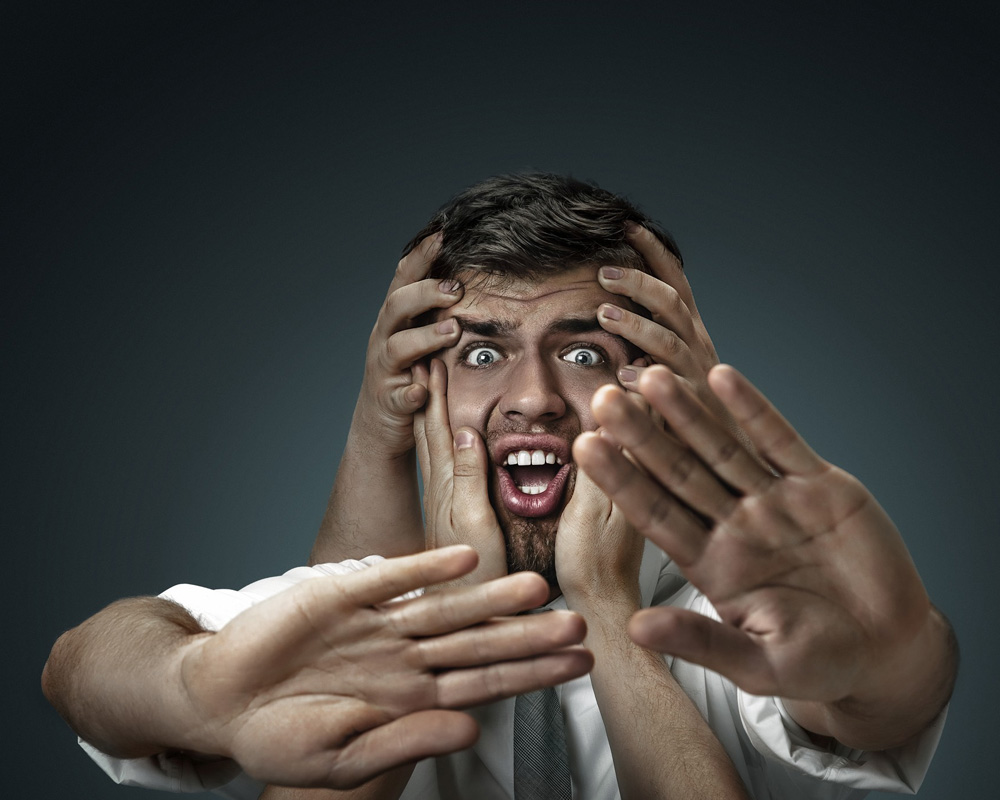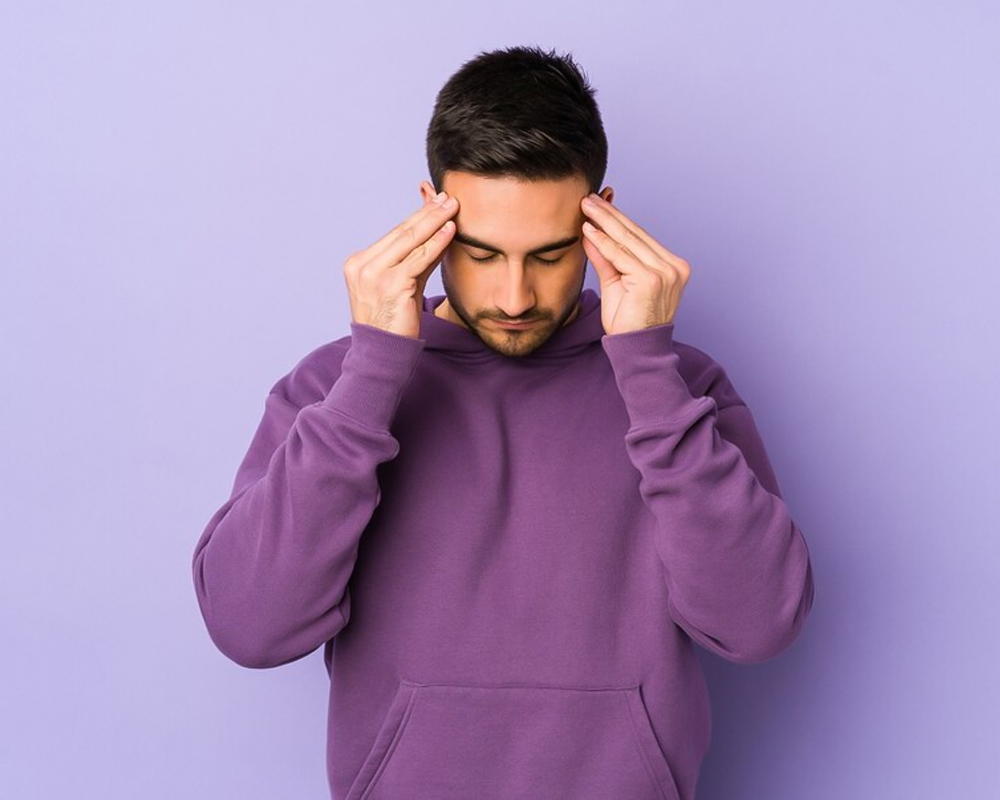Scopophobia is often referred to as the fear of being watched or scrutinized. Moreover, it is a specific phobia that can profoundly and massively impact an individual’s emotional well-being. Additionally, this condition goes beyond occasional self-consciousness or discomfort in social settings. Also, feeling observed or scrutinized triggers intense anxiety, panic, and even avoidance behaviors. Scopophobia involves a deep-seated apprehension that others are constantly watching or judging. Furthermore, this condition may prevail through underlying psychological, social, or neurological factors.
While the exact prevalence of scopophobia remains unclear, mental health experts have noted its association with social anxiety disorder and other conditions. Nonetheless, this condition can be managed with therapies and life coaching sessions. Recent studies have shed light on the role of increased digital surveillance, social media pressures, and societal expectations in exacerbating this phobia. Therefore, understanding this phobia involves delving into its causes, symptoms, and treatment options, offering hope for individuals seeking to reclaim control over their lives.
What is Scopophobia—Here’s What You Need to Know
Scopophobia is an intense and overwhelming fear of being observed or stared at. While it is normal to feel self-conscious in situations where an individual is the focus of attention, scopophobia goes far beyond typical nervousness. Furthermore, it heightens the sense that others are scrutinizing.
Moreover, this fear is often disproportionate to the actual level of threat or attention present. Additionally, for those affected, the anxiety can be so severe that it interferes with daily life. Hence, this phobia makes it difficult to participate in social activities, perform well at school, or maintain workplace responsibilities.
What are the Symptoms of Scopophobia?
Scopophobia manifests through a range of emotional and physical symptoms that can significantly impact an individual’s daily life. However, some common signs of this condition include:
- Avoiding eye contact.
- Persistent feeling of somebody’s watching.
- Feeling threatened when others look.
- Heightened alertness or hypervigilance.
Individuals with this phobia may take great measures to avoid situations where they might feel exposed or in the spotlight. However, some only fear interactions in larger groups, others may find even brief encounters overwhelming.
In addition to this, many might face situations that trigger this fear. Moreover, a person may experience noticeable reactions like excessive blushing or sweating. Unfortunately, this can be particularly distressing for those who also have erythrophobia, the fear of blushing. Beyond emotional discomfort, other physical symptoms could include:
- Chills
- Dry mouth
- Confusion or difficulty focusing
- Muscle tension
- Nausea
- Panic attacks
- Increased heartbeat
- Shivering
- Shallow breathing
- Sweating
The fear can be so intense that individuals may feel an urgent need to escape or avoid the triggering situation. Furthermore, this avoidance behavior can lead to limiting daily activities, such as refusing to leave the house or hesitating to invite unfamiliar people.
What Causes Scopophobia?
Scopophobia is the intense fear of being stared at. Moreover, it can arise from various factors, often intertwining genetic predispositions, personal experiences, and psychological conditions.
Genetic and Familial Influences:
A family history of anxiety disorders or specific phobias may increase the likelihood of developing scopophobia. Additionally, this connection suggests that genetic factors, combined with learned behaviors within familial settings, play a role in the emergence.
Traumatic Experiences:
Experiencing or witnessing traumatic events can lead to scopophobia. Such incidents may cause individuals to associate being observed with negative outcomes, reinforcing the fear of being watched.
Associated Medical Conditions:
Certain medical conditions that attract public attention can contribute to the development of scopophobia. Individuals with epilepsy, Tourette syndrome, or movement disorders may fear being stared at during an episode, heightening anxiety in social situations.
Psychological Factors:
This condition is often linked with social anxiety disorder, where the fear of being judged or scrutinized is prevalent. Additionally, conditions like autism spectrum disorder and PTSD may involve heightened sensitivity to eye contact or being observed.
Cultural and Environmental Influences:
Cultural norms and societal expectations regarding eye contact and public behavior can also impact the development of this condition. Furthermore, in environments where being watched is associated with judgment or criticism, individuals may become more susceptible to this fear.
Understanding the multifaceted causes of this phobia is essential for effective treatment. Moreover, this may include therapy, medication, or a combination of approaches tailored to the individual’s experiences.
How to Overcome Scopophobia?
1. Cognitive Behavioral Therapy (CBT):
CBT helps individuals identify and challenge negative thought patterns associated with being observed, fostering healthier responses.
2. Exposure Therapy:
Gradual exposure to situations involving eye contact can desensitize individuals to their fear, reducing anxiety over time.
3. Medication:
In certain cases, healthcare providers may prescribe antidepressants or anti-anxiety medications to manage symptoms.
4. Relaxation Techniques:
Practices such as deep breathing, meditation, and progressive muscle relaxation can mitigate anxiety when facing triggering situations. Therefore, these techniques work wonders.
5. Support Groups:
Engaging with others who share similar experiences provides emotional support and practical coping strategies.
Combining these methods, tailored to individual needs, can significantly reduce the impact of scopophobia on daily life.
How to Treat Scopophobia?
Treating this phobia involves addressing the fear directly through various effective methods:
- Cognitive Behavioral Therapy (CBT): Therapists help reframe negative thoughts and build healthier responses to feeling watched. Hence, CBT is a great approach.
- Exposure Therapy: Gradual, controlled exposure to triggering situations reduces anxiety over time.
- Medication: Doctors may prescribe anti-anxiety or antidepressant medications to manage severe symptoms.
- Mindfulness Techniques: Practices like deep breathing and meditation help stay calm in anxiety-inducing situations.
- Support Networks: Joining support groups allows those affected to share experiences and learn coping strategies from others.
With proper guidance and consistent effort, individuals can overcome this condition and regain control over life.
Summary
Overcoming scopophobia requires understanding its roots and actively addressing the fear through therapy, self-help strategies, and support. In addition, by taking deliberate steps to manage symptoms, individuals can reduce its impact on their life and regain confidence in social situations. Lastly, facing this condition head-on empowers to move beyond the fear of being watched and embrace a more fulfilling, fearless existence.




